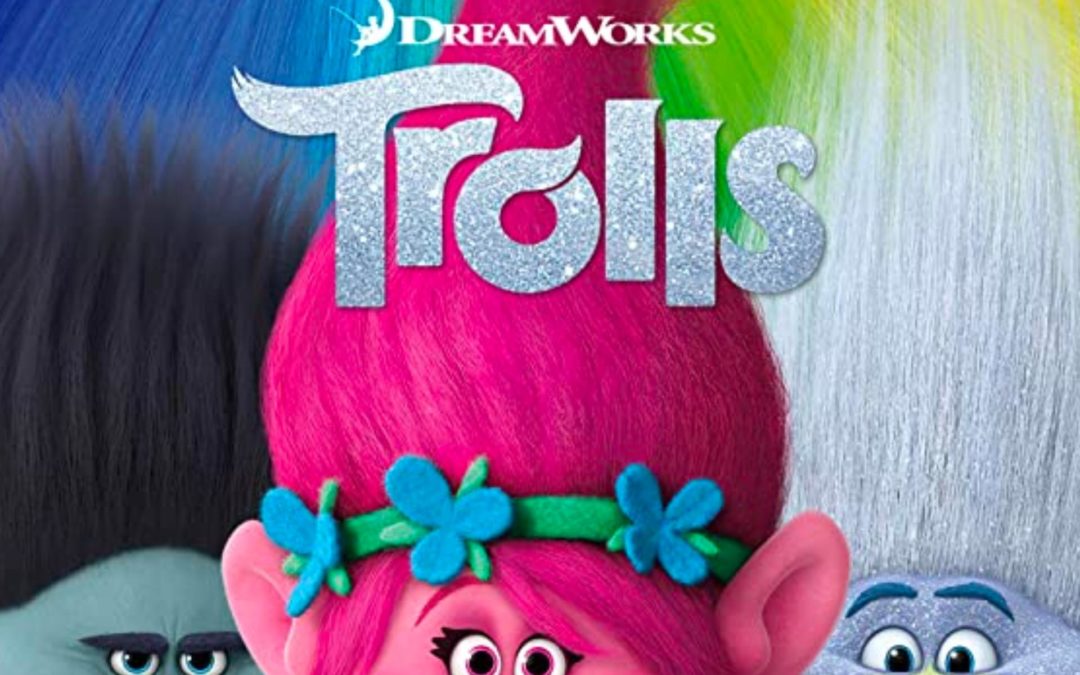I am an adult who loves children’s movies. In addition to their colorful, eye-catching, and fun properties they often have deeper lessons woven in that can easily be missed. Previously, I expanded on this by talking about how the Disney movie “Encanto” addresses generational trauma. Today I am going to take us to Dreamworks studios for a lesson on depression. “Trolls” is a movie from 2016 in which there is a village of tiny, colorful trolls. They are the embodiment of happiness who sing, dance, and hug all day. There is another village full of bergens who are the antithesis of the trolls: unhappy, dull, and have to eat trolls to be happy. Now, if you haven’t seen Trolls and plan on it, I’d suggest you stop reading because there will be major spoilers. A bergen steals some trolls in order to have a feast and become happy, so Poppy, the troll princess, teams up with the grumpiest troll, Branch, to save their friends. In the end, everyone works together and discovers that you don’t have to eat a troll to be happy.
So, how does a snappy, animated pop-musical movie have anything to do with depression? Well, the entire premise of the movie is based on the search for happiness. For most trolls, singing, dancing, and hugging is the ideal time and allows them to be filled to the brim with happiness. However, for Branch these activities do not bring him joy and he does not want to be a part of them. This is largely due to the childhood trauma he endured when he watched his caretaker being eaten by a bergen. So we already have a depiction of someone who has a history of trauma and depression as a result. Branch isolates himself from the rest of the trolls and never participates in any of their activities. Bergen town is another example of depression in the movie. The bergens are constantly unhappy and believe they are incapable of being happy without eating a troll. However, even eating a troll is not a permanent fix but a temporary one. The bergens live with permanent frowns and listless sighs as they idle the days by.
When Poppy and Branch meet a bergen, Bridget, they help her express her romantic feelings towards another bergen which ends in an extremely fun and happy date. Bridget becomes friends with the trolls and Poppy realizes that bergens do have emotions and can be happy without eating trolls. Finally Poppy tells the bergens that “happiness isn’t something you put inside. It’s already there, sometimes you just need someone to help you find it.” In the end, the trolls work together with the bergens and help identify ways the bergens can do things they enjoy and identify their own emotions and be happy.
Of course, it is a bit simplistic of a fix to the movie depression (it is a children’s movie after all) but it gives three important lessons.
- Anyone can experience depression: Branch is a troll. Trolls’ entire thing is that they are a happy species. But Branch lost his color and happiness. Later in the movie the other trolls even lose their color and happiness temporarily as well. No matter who you are and what expectations are, depression can affect anyone.
- Community is essential to combating depression. Depression encourages us to isolate which tends to make the depression stronger and worse. However, seeking help and support from others is what can help us get better.
- Depression doesn’t have to be permanent. The bergens thought that it was normal to never feel happy or to only feel happy when eating a troll. The trolls helped them realize that is not the case and that they should not be feeling so terrible all the time. The same is the case for people. With help, you can get better and depression doesn’t have to be permanent. There are so many effective treatments for depression that we can work together to find the one that’s right for you.

